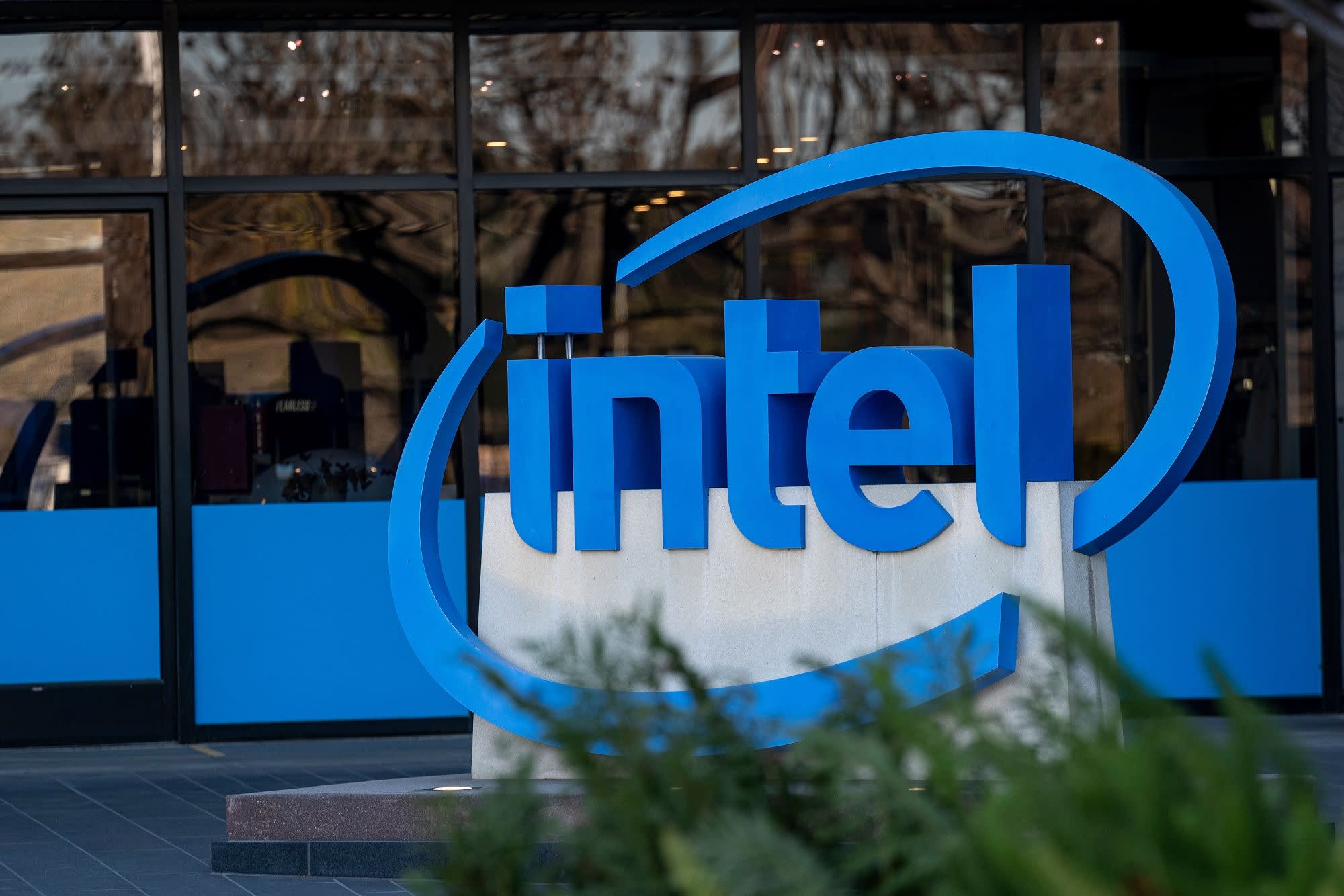Intel Falls on Latest Server Chip Delay; Rival AMD Gains

(Bloomberg) — Intel Corp. fell, erasing an earlier gain, after saying a new version of its Xeon server chip line will go into production in 2022, rather than by the end of this year as promised.Shares of rival Advanced Micro Devices Inc. rose after Intel said Tuesday that a chip design, code-named Sapphire Rapids, will begin production in the first quarter of 2022 with the “ramp” beginning the following quarter. The world’s largest chipmaker previously said the new version of its most lucrative product line would start to be manufactured this year.Chief Executive Officer Pat Gelsinger has pledged to return Intel to a dominant position in computer processors and reassert the company’s once unassailable lead in semiconductor manufacturing after multiyear delays in the introduction of new technology forced it to cede leadership to rivals. Gelsinger, who promised the new chip would arrive this year as recently as April, last week replaced the head of Intel’s server chip unit in an executive shake-up.“Given the breadth of enhancements in Sapphire Rapids, we are incorporating additional validation time prior to the production release, which will streamline the deployment process for our customers and partners,” Intel Vice President Lisa Spelman said in a post on the company’s website. “Based on this, we now expect Sapphire Rapids to be in production in the first quarter of 2022, with ramp beginning in the second quarter of 2022.”
Intel shares declined 1.6% to $56.58 at 1:25 p.m. in New York while AMD gained 3% to $89.69.Given the delays to the 10-nanometer manufacturing process and holdups in bringing its replacement online, the latest announcement will cause concern about further decays in Intel’s competitive positioning, according to Sanford C. Bernstein analyst Stacy Rasgon.“A less charitable explanation, however, is that the company’s competitive positioning is worsening, and that the downside associated with delaying Sapphire Rapids (both for the products and, it should be said, for the stock) is perceived by management to be less that what would be experienced by launching earlier with a less competitive product,” he wrote in a note to clients. “Recent executive changes in the datacenter business may feed into this as well.”
(Updates with shares in the fifth paragraph.)
More stories like this are available on bloomberg.com
Subscribe now to stay ahead with the most trusted business news source.
©2021 Bloomberg L.P.



